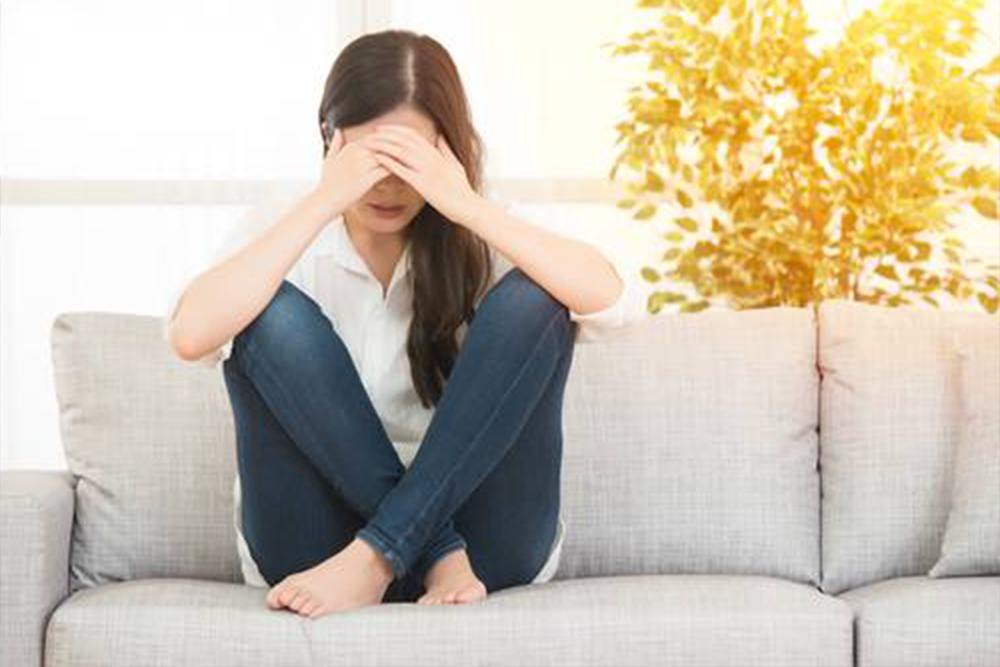Menstrual pain (dysmenorrhea) is manifested by pain from pressure to pain in the lower abdomen, pain in the lower back or hips, and on the inner side of the thighs. They are more common in young girls and women who do not have children yet. Read our article about how menstrual pain occurs and how to cope with it so that it restricts you as little as possible.
Why do some women have painful periods?
As with many other health problems, painful menstruation has hereditary predispositions. The level of prostaglandins – hormone-like substances acting locally in various organs – is important for the development of menstrual pain. Prostaglandins in the uterus are responsible for the strength of its contractions and, consequently, for pain. In some women, the production of prostaglandins is higher. In addition, during severe uterine stasis, blood vessels contract, and insufficient blood flow can cause further pain. There may also be an imbalance between the hormones produced by the ovaries, estrogens, and progesterone, but the most important factor remains the increased level of prostaglandins mentioned above.
Painful menstruation
How to cope with painful menstruation?
For menstrual pain, l river painkillers are used. They help with pain anyway. physical methods – proven warm compresses on the stomach, thighs, or a hot shower. A week before the expected menstruation, you can try a massage of the abdomen and back to relax the muscles. In addition, it is useful to limit the use of coffee, salt, smoking, and alcohol. In case of problems, rest and an elevated position of the lower extremities are recommended.
It has been proven that women who regularly exercise suffer significantly less from menstrual pain. To strengthen the pelvic floor muscles, which are important in this case, Ms exercises are best suited. Moses, and yoga or Pilates is also recommended. You can also visit a physiotherapist who will teach you special exercises.
The psyche also plays an important role in menstrual pain – for example, incorrect instructions from young girls about menstruation can make it very difficult for them to experience this natural physical phenomenon. Mothers of teenage girls should openly, impartially, and calmly talk about menstruation with their daughters. In conclusion, it should be noted that for most women, problems naturally go away after the first birth.
When to see a doctor?
If you suffer from menstrual pain, be sure not to neglect regular gynecological examinations to make sure that this is really only primary menstrual pain. In addition, you should consult a doctor in the following cases:
If the pain reappears after many years of painless menstruation.
If the pain appears after 45 years.
If the pain is so severe that it restricts your normal daily activities.
If you have severe and irregular bleeding.
How can a pharmacy help with menstrual pain?
For menstrual pain, painkillers are given – simple analgesics or drugs from the group of nonsteroidal anti-inflammatory drugs. The most common active substances contained in these drugs are paracetamol, ibuprofen, naproxen, dexketoprofen, and others. If you suffer from menstrual pain, it is good to supplement your diet with magnesium, calcium, vitamin B6. If there is a pain in the hips, a warming bandage will help, you can also use gel pads or a hot water bottle for laying tiles.
Traditional medicines useful for menstrual problems include women’s herbal teas or herbal extracts in other forms. Particularly suitable herbs include Whiteberry, gooseberry, yarrow, St. John’s wort, and others.

Leave a Reply